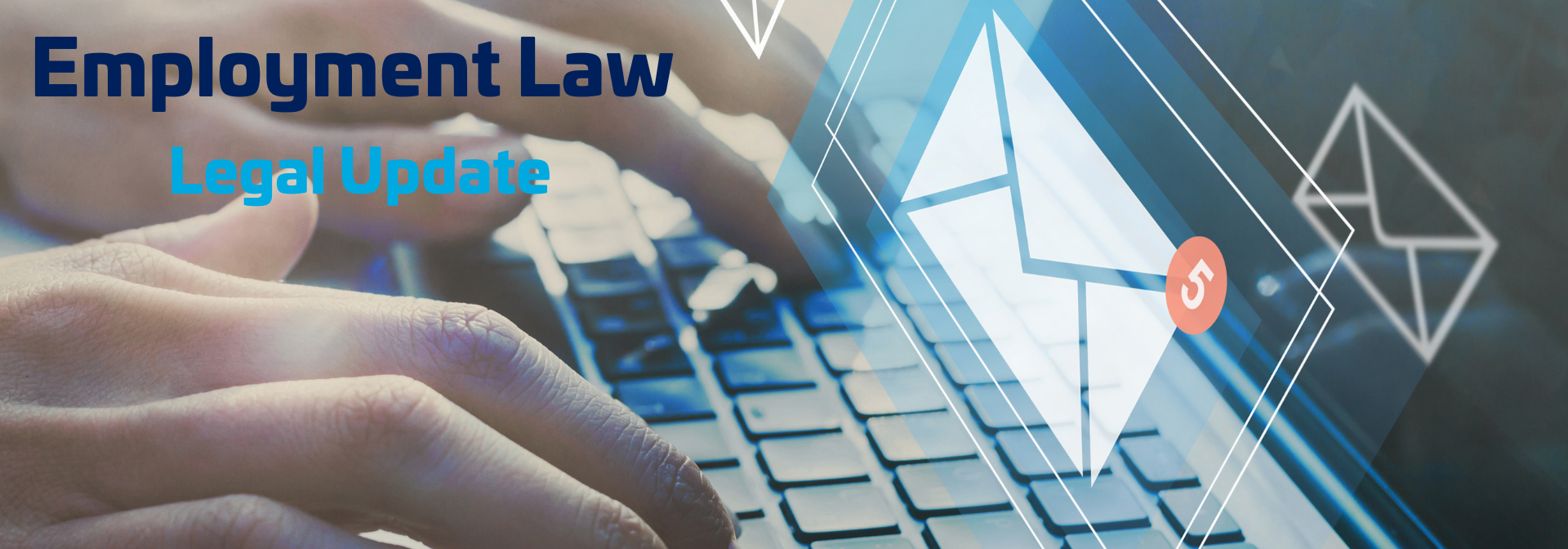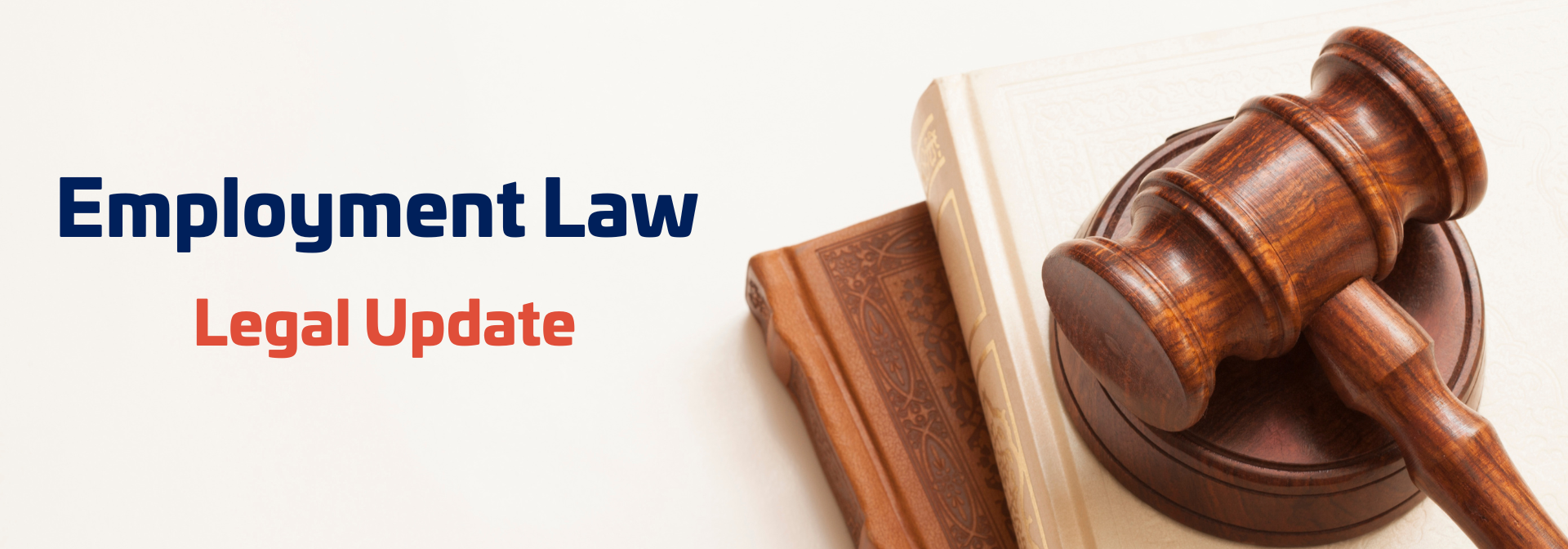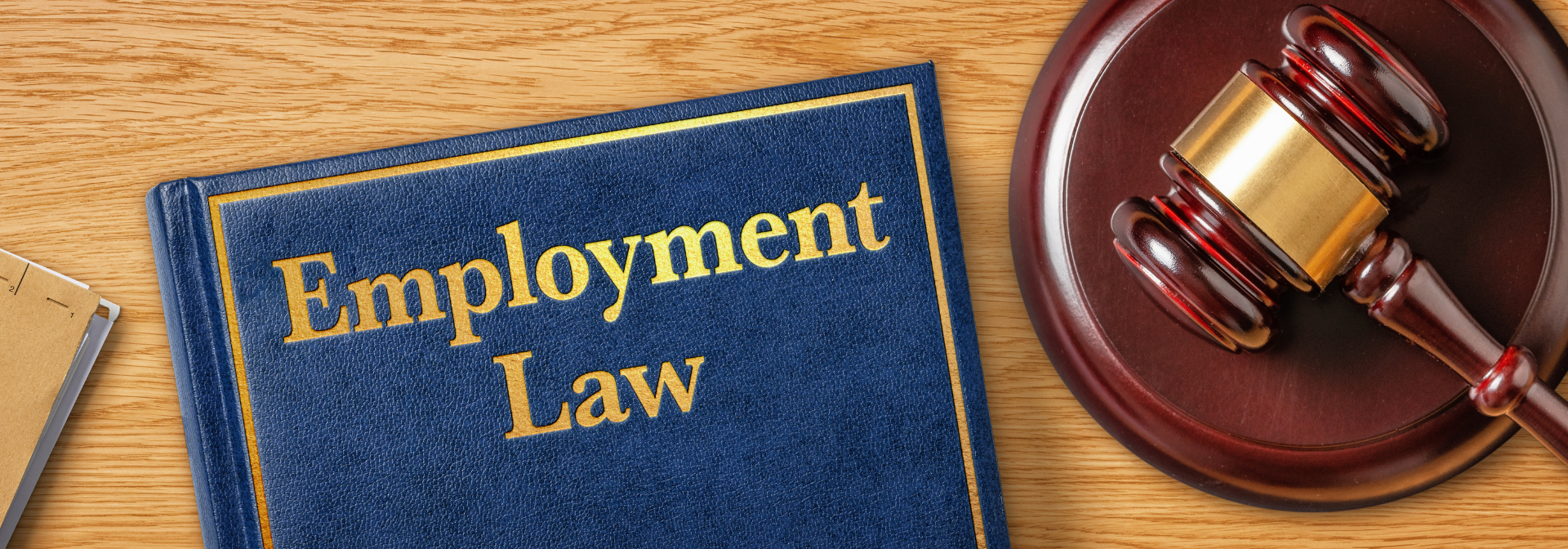
Member’s Briefing – Important Changes to GB Import Controls from Jan 1st 2022
Important Changes to GB Import Controls from Jan 1st, 2022
Members are urged to ensure that they understand and are prepared as necessary for changes to GB import and customs controls that come into place from January 1st, 2022. These changes will have implications for engineering and manufacturing businesses that import components, sub-assemblies raw materials, or any other goods directly from suppliers in EU member states. Members are advised to consult the updated guidance from UK Government:
- Less than a month until full customs controls are introduced – GOV.UK (www.gov.uk)
- Import goods into the UK: step by step – GOV.UK (www.gov.uk)
Our summary of the key issues relating to these important changes is as follows, along with some useful links:
- Importers will no longer be able to delay making their import customs declarations under the Staged Customs Controls rules that have applied during 2021. In most cases, they will have to make declarations and pay relevant tariffs at the point of import.
- The operators of ports and other border locations will be required to control all goods moving from the EU to GB, and goods will not be released to the importer unless they have a valid declaration and have received customs clearance.
There are two main customs models that can be used to control goods imported into GB, and ferry/port operators will typically determine which apply to specific import/export routes:
- The Temporary Storage model: Goods arriving in GB can be stored at the frontier (ie port or terminal) in a temporary storage facility for up to 90 days before the importer is required to make a full customs declaration and pay any relevant duties and taxes.
- The Pre-Lodgement model: Importers are required to submit a customs declaration in advance of goods boarding in the EU on the GVMS system (Goods Vehicle Movement System is the IT platform that supports pre-lodgement). HMRC will risk-assess the declarations whilst the goods are en-route, informing the person in control of the goods, eg the haulier, if the goods have been cleared or otherwise. The aim is to ensure that checks are only carried out where necessary leaving cleared goods to continue their onwards journey on arrival in GB. Goods that have not been cleared must be held at the frontier location until HMRC clears them. Where there is insufficient physical capacity to hold them at that location they will be moved to inland checking facilities for customs clearance. Reasonable steps for frontier operators using the pre-lodgement model to control goods from the EU into Great Britain – GOV.UK (www.gov.uk)
Some businesses already use “simplified declaration authorisations” which avoid the requirements for a full customs declaration. It can, however, take up to 60 days to complete the required checks to be registered for such, and you would also need to have a Duty Deferment account in place. Apply to use simplified declarations for imports – GOV.UK (www.gov.uk)
VAT-registered importers can continue to use Postponed VAT Accounting (PVA) on all customs declarations that require import VAT to be paid. Check when you can account for import VAT on your VAT Return – GOV.UK (www.gov.uk)
Finally, members should note that further changes will be introduced from July 2022, including requirements for full safety and security declarations for all imports. A further briefing will be provided in advance of those changes.
In conclusion, all businesses affected should consider how they are going to submit customs declarations and pay any duties that are due. If you use an intermediary service such as a freight forwarder, courier, or customs agent then you must ensure the responsibility for making declarations is contractually clear, and that that you provide the required information to ensure that declarations are accurate and complete. Get someone to deal with customs for you – GOV.UK (www.gov.uk)






